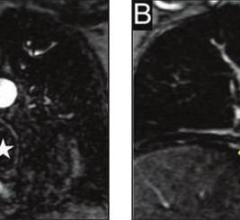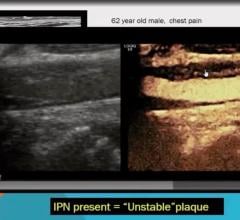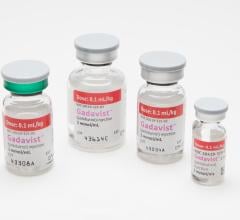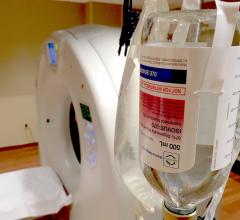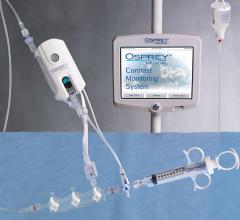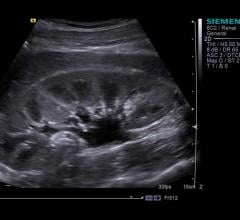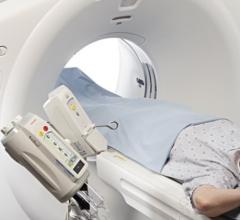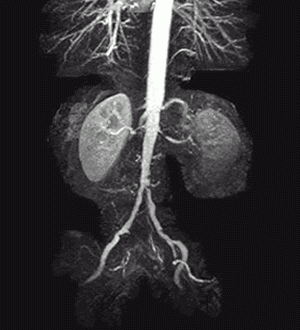
May 10, 2011 – A simple blood test may help prevent a serious complication associated with a contrast agent commonly used in magnetic resonance imaging (MRI) exams, according to a study published in the July issue of Radiology.
Within the past five years, use of gadolinium-based contrast agents (GBCA) has been linked to the development of nephrogenic systemic fibrosis (NSF), a rare disorder mainly affecting patients with severe kidney disease. But since 2008, restrictive GBCA administration guidelines implemented by Massachusetts General Hospital have proven effective in preventing NSF.
“It is important for the public to know that gadolinium products are safe for most patients and the risk of NSF should not deter them from GBCA-enhanced exams, such as MRIs,” said the study’s lead author Hani H. Abujudeh, M.D., MBA, associate professor of radiology at Harvard Medical School in Boston.
NSF is characterized by widespread tissue fibrosis. Patients with NSF experience an increase of collagen in the tissues, causing thickening and hardening of the skin of the extremities, and often resulting in immobility and tightening or deformity of the joints. NSF can develop rapidly and may result in patients becoming wheelchair-bound within just a few weeks. In some cases, there is involvement of other tissues, including the lungs, heart, diaphragm, esophagus and skeletal muscle.
Massachusetts General Hospital began implementing restrictive GBCA guidelines in May 2007 in order to protect patients from potentially developing NSF. The guidelines require that a blood test be done on patients over age 60 or at risk for kidney disease. The blood test measures how well the kidneys are doing. That number is then converted via a formula to estimate the glomerular filtration rate (eGFR), which measures the rate of fluid flow through the kidneys. The guidelines stipulate a maximum GBCA dose of 20 mL for patients with a low eGFR (below 60 mL/min/m2). GBCA should not be administered at all to patients currently undergoing dialysis treatment or with a very low eGFR (below 30 mL/min/m2).
For the study, Abujudeh and colleagues reviewed the hospital’s medical records during the pre-guideline and transition period (January 2002 through December 2007) and the post-adoption period (January 2008 to March 2010). Prior to adoption of the guidelines and during the transition period, 113,120 contrast-enhanced MRI exams were performed, and 34 cases of NSF were subsequently identified. During the post-guideline period, 52,954 contrast-enhanced MRIs were performed with no new cases of NSF identified.
“The findings prove that these guidelines are effective,” Abujudeh said, “and that strategies can be put into practice to ensure patient safety.”
For more information: www.rsna.org


 August 17, 2023
August 17, 2023 
